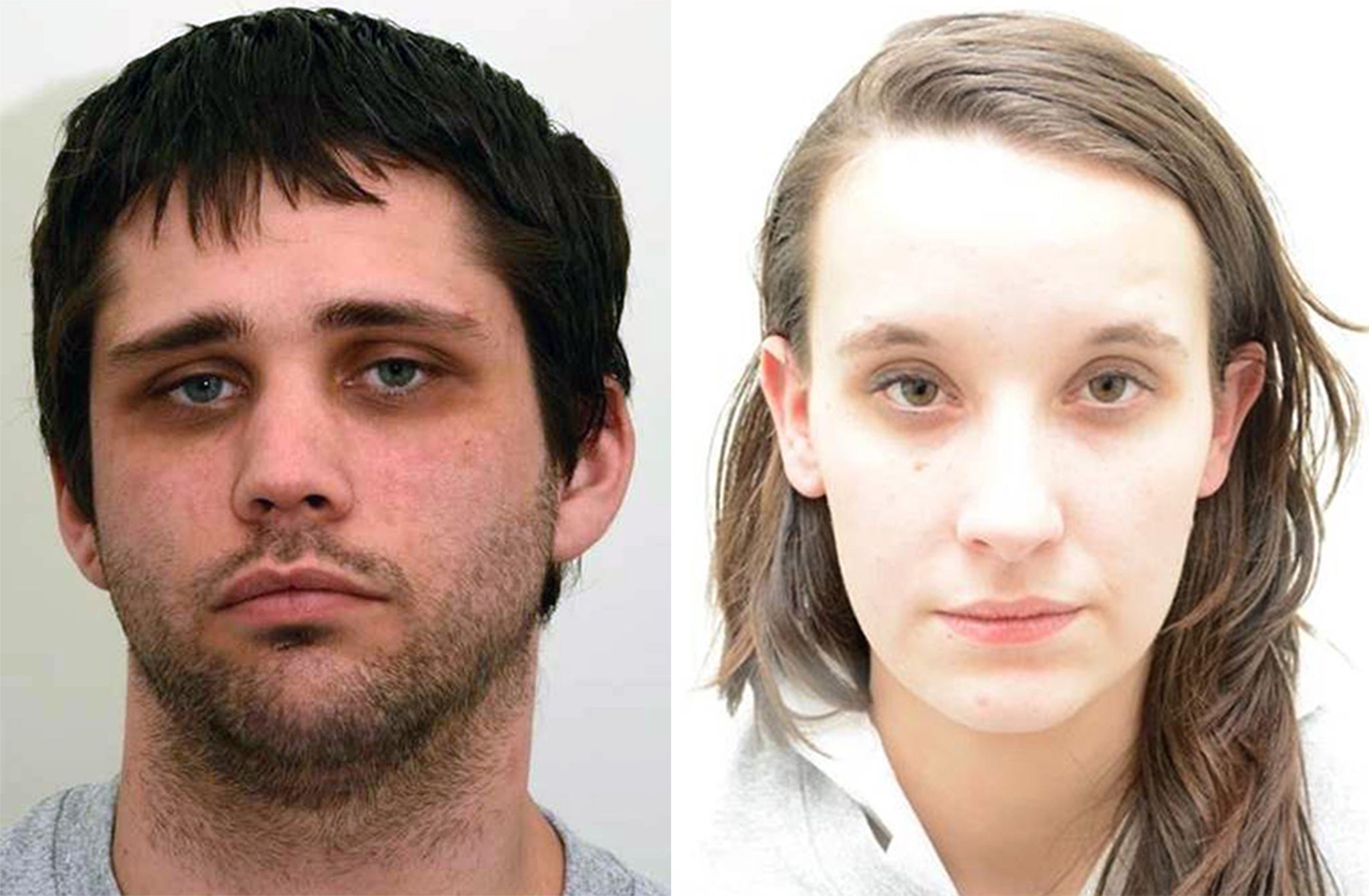It's easy to call the killers of Becky Watts 'evil', but the life of Shauna Hoare raises some serious questions
Allegations of domestic violence and a turbulent childhood in foster care muddy the waters of a case many would rather see as black and white

Notorious male and female co-offenders provide fascinating and disturbing images of crime and deviancy; the likes of Myra Hindley and Ian Brady, and Rose and Fred West are some of the most infamous offenders in UK history. It is often questioned how two people can be as ‘evil’ as each other, and the notion of ‘folie a deux’, a madness shared by two, is often emphasised in the popular discourse of such cases. However, such notions are often overly simplistic, ignoring extremely complicated relationships.
Shauna Hoare and Nathan Matthews were jointly involved in the killing of teenager Becky Watts, as anyone with access to a news site or a TV will tell you. Matthews was found guilty of kidnap and murder and Hoare guilty of manslaughter. In these kinds of cases, it is often tempting to consider questions such as, ‘How much did Shauna know?’ or to focus on the disturbing, emotive details of the murder trial. However, as a feminist criminologist interested in women’s pathways into crime, I am more interested in the co-offending partnership itself.
The most pertinent question for me is: how - if at all - did Shauna’s intimate relationship with Nathan influence her involvement in the offending?
It’s been shown that co-offending can have an impact on the type of offences women commit. Research in 2011 found that women are more likely to engage in gender atypical offences, like robbery or murder, when they co-offend with men.
And the nature of the personal relationship between co-offenders can also impact upon women’s pathways into crime and reasons for offending. Many have suggested that women may commit criminal offences out of love or fear for their co-offender, particularly if they are in an intimate relationship.
Shauna Hoare talked in detail during the trial about her turbulent and violent relationship with Nathan Matthews. Hoare suggested that Matthew demonstrated a range of violent and controlling behaviours towards her throughout their relationship, including physical violence. She provided an extensive list of allegations against Matthews, including being dragged across the room by her hair, being almost strangled, being forced her to beg for food and having abuse shouted at her to the point that she said she felt ‘terrified’.
Within the context of abusive, controlling or violent co-offending relationships, the whole relationship needs to be explored when attempting to understand the woman’s potential reasons for offending. Focusing explicitly on the offending act itself doesn’t provide a full picture of the driving factors and motivators behind the crime.
It is not the intention here to deny Shauna Hoare agency, or to diminish her responsibility for a horrific crime. However, in the social context, individual circumstance and other external factors that may have influenced her decision or ‘choice’ to offend - such as her potentially violent and abusive relationship with Nathan - should be considered.
There is a tendency in particularly gruesome murder cases, such as that of Becky Watts, to refer back to simplistic and reductive explanations for offending, such as being ‘evil’ or inherently ‘bad’, in an attempt to make sense of such cases. But such explanations do not provide a holistic account. Considering that questions are now emerging around Hoare’s upbringing in foster care and why she was allowed to begin a relationship with Matthews at the age of 14, the darker details of the Becky Watts case have far more nuance than we might have initially believed.
Join our commenting forum
Join thought-provoking conversations, follow other Independent readers and see their replies
Comments